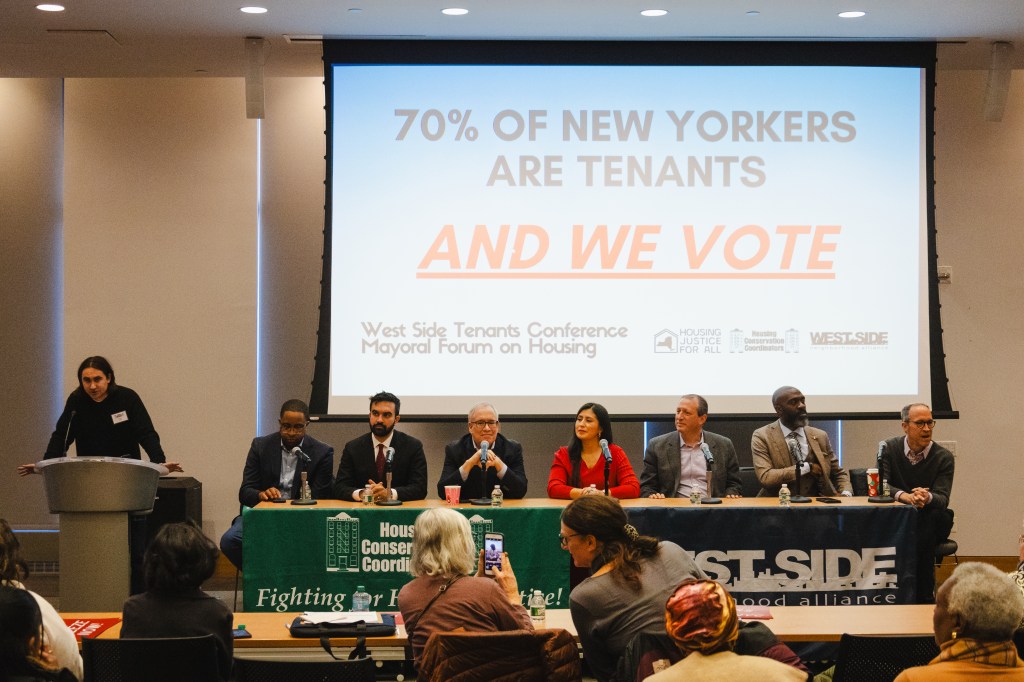In announcing a renewal of the popular New York State Film Production Credit Program, Governor David Paterson said, “New York belongs in front of the cameras.” But, apparently, the Empire State only belongs on the silver screen for another year.
The $350 million in new authorizations for the tax credit – included in the budget agreement between Paterson, Senate Majority Leader Malcolm Smith and Assembly Speaker Sheldon Silver – will only extend the program for one more year, even though it was initially intended to run through 2013.
Administered by the Governor’s Office for Motion Picture and Television Development, The New York State Film Production Credit was established in August 2004, providing a refundable 10 percent tax credit – which was increased to 30 percent by Paterson in April, 2008 – for qualified feature films, episodic television, pilots and miniseries produced within the state’s borders.
The budget agreement includes a new credit payment schedule and requires that Empire State Development (ESD), a state-run business service agency, submit quarterly film credit reports to the budget director and legislative chairs. But the nuts and bolts of the program, such as the below-the-line costs that it covers, remain the same.
Industry insiders say the nearly five-year-old tax credit – which they claim pales in comparison to some of the more sizable credits in other states – has been a boon to New York’s television and film production industry, and in turn, to the state itself. Not only has the program created jobs, they say, it has also enabled those who benefit from the credit to contribute to the local infrastructure.
In fact, a recent Ernst and Young study revealed that the state and city get a return of $1.90 for every dollar they put into the production credit program. But local studio executives fear the “shortsightedness” of only re-upping the credit for another year will have dire consequences.
“By not putting the money in for multiple years it puts us in a situation in which it’ll be unlikely for us to attract big players,” said Hal Rosenbluth, President of Kaufman Astoria Studios. “These people need certainty. What happens to them if they’re doing a show and it’s a hit and they want to do it the next year and suddenly the tax credits are not there? They won’t do it. They’ll find somewhere else to do it. The shows will still get made – they just won’t get made by New Yorkers.”
However, Rosenbluth admitted he was initially thrilled that local studios had “lived to fight another day.” He said the renewal of the credit’s coffers will still attract productions that have a finite end, like feature films, and will enable shows currently under production to stay – at least for another year.
Silvercup Studios CEO Alan Suna – who said his excitement was tempered with disappointment – thinks public perception may have played a bit part in the legislators’ decision. He noted that some people might misconstrue the program as corporate welfare that siphons money away from vital public services like education.
“But nothing could be farther from the truth,” Suna said. “It actually provides more money for education.”
ESD President and CEO Marisa Lago said in a statement that the agreement is an acknowledgment of the production industry’s economic impact. She added that the allocation of funds for the next year means “the cameras can keep rolling.”
But studio heads like Rosenbluth fear what will happen 12 months down the road. They dislike the suspense stemming from what they consider a short-term investment in their industry.
“We are walking a really dangerous path here,” Rosenbluth said. “If they [elected officials] don’t want to believe the $1.90 study, just open your eyes and see what it [the production credit] has done.”































